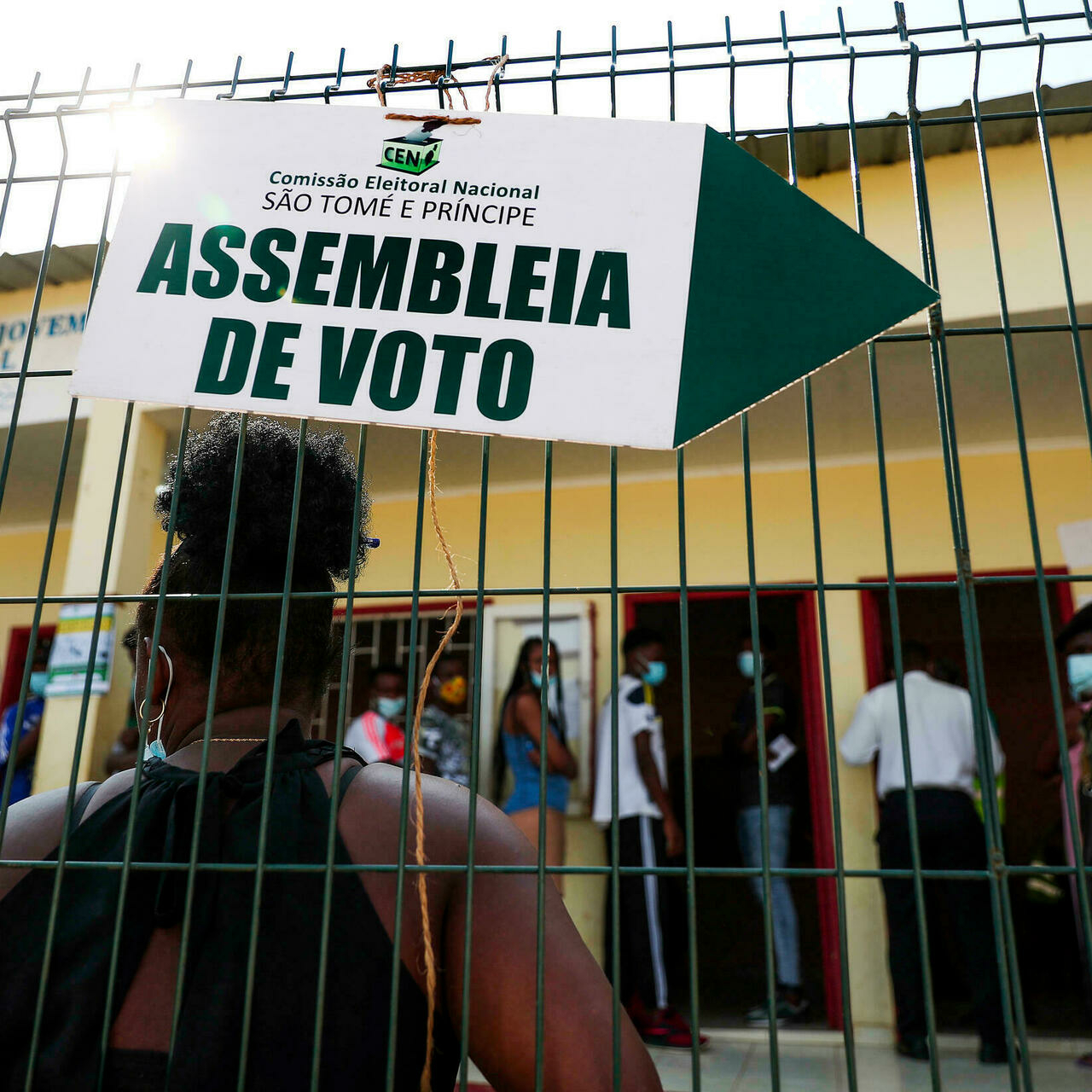São Tomé and Príncipe: Uncertainty Lingers as Presidential Election Heads for Runoff
São Tomé and Príncipe: Uncertainty Lingers as Presidential Election Heads for Runoff
Dubbed Africa’s Eden, the presidential race in São Tomé and Príncipe will head into a second round of voting as no candidate received more than 50% of the vote in the 18th July ballot. The country’s National Electoral Commission (CEN) announced that the two top candidates, Carlos Vila Nova- a former infrastructure minister, and Guilherme Posser da Costa-former prime minister, will contest in the runoff scheduled for 8th August 2021. This was the most competitive election in the country’s history with a record 19 contenders.
Villa Nova, supported by the key opposition party, ADI, led with 39.47% of the vote while da Costa of the ruling MLSTP/ PSD followed with 20.75%. The poll also included three Women aspirants, of which Maria das Neves emerged 5th with 3.32% of electoral support, while Elsa Garrido and Elsa Pinto failed to reach the one per cent mark. Incumbent Evaristo Carvalho, 80, opted out of running for a second term in office.
Located in the Gulf of Guinea, off the West Coast of Africa, this small island state with a population of 215,000 people was conducting its seventh election since gaining independence from Portugal in 1975.

According to Fernando Maquengo, President of CEN, abstention was 32.24% of the total 123,000 voters in the country and diaspora. Voting was, however, cancelled in four polling stations; two in Mé-Zochi, one in Cantagalo and the other in Lemba. The villagers boycotted the ballot, protesting the lack of roads, water and electricity. The spokesperson for the National Electoral Commission, Victor Correia, said despite this incident voting had “taken place as a whole with normality.”

President Evaristo de Carvalho casting his vote in the 18th July election. Courtesy LUSA – NUNO VEIGA
In a statement released on the 19th of July, the election observation mission of the Economic Community of Central African States said the elections took place in a calm and peaceful manner throughout the country. “As observers, we did not record any irregularities that could jeopardise the transparency, freedom and fairness of the presidential polls”, Nagoum Yamassoum, head of the mission, said.
São Tomé and Príncipe has been rated ‘Free’ by Freedom House every year since its transition to democracy in 1991 and is considered a lower-middle-income economy because of its steady economic growth over the years. The country, which has recorded 37 coronavirus-related deaths from when the pandemic began, will now have to wait until 8th August to know its fifth president.
Written By: Edith Knight Magak – a writing fellow at African Liberty and literary journalist at Africa in Dialogue. She lives in Nairobi, Kenya. Follower her on Twitter
Header Image: Voters went to the polls on July 18. © LUSA – NUNO VEIGA





